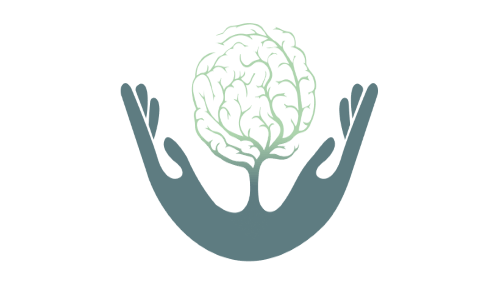
Inference-Based CBT for OCD: An Alternative to Exposure-Based Methods
Open to access this content

Open to access this content

Open to access this content

Open to access this content

Open to access this content

Open to access this content